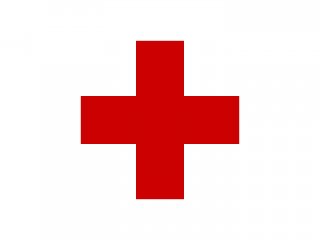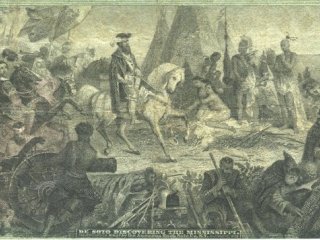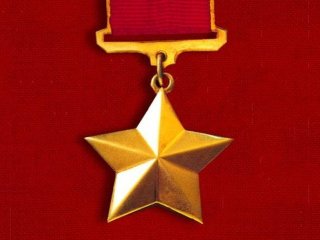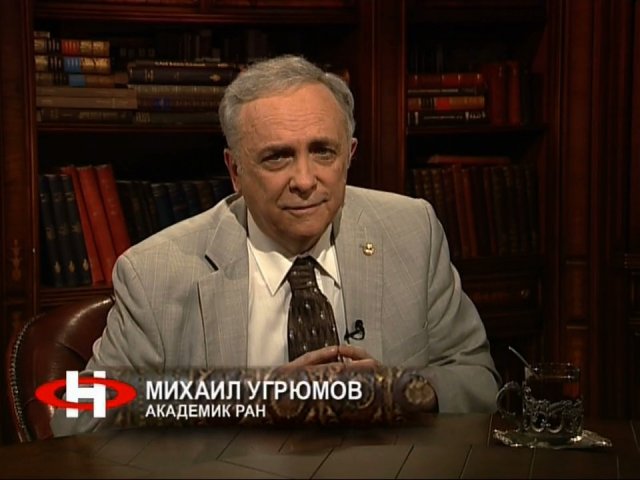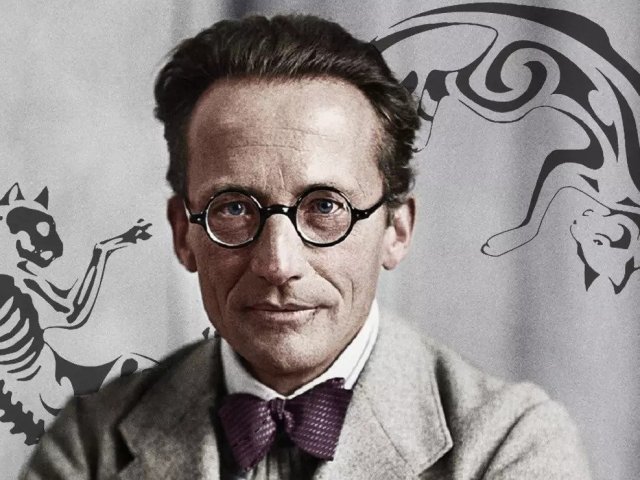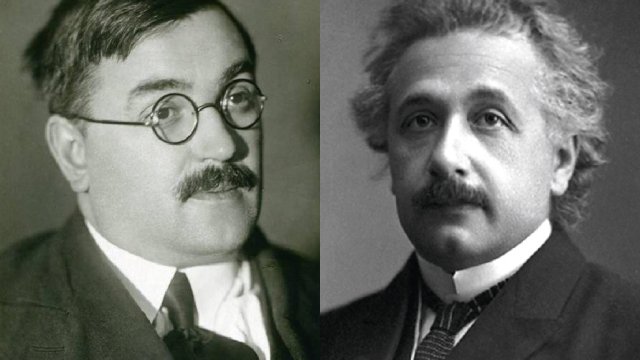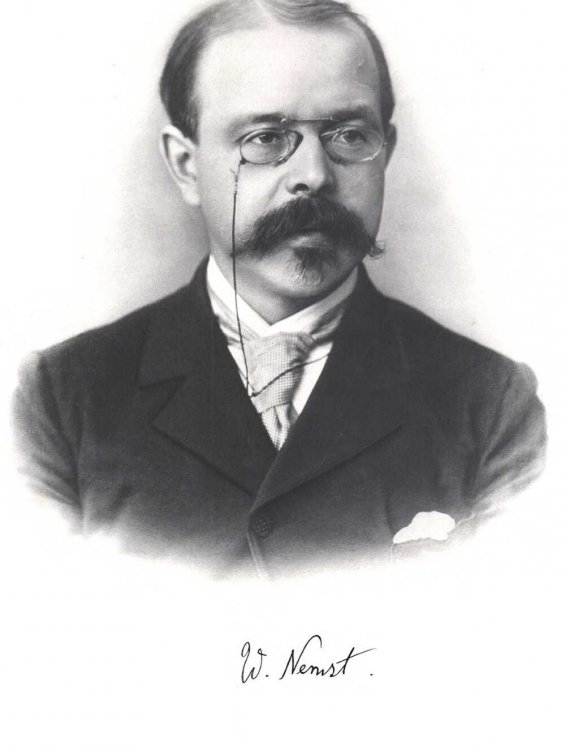
A great German chemist, 1920 Nobel laureate in recognition of his work on thermodynamics was drawn to science from an early age and finished the gymnasium first in his class. Then he went through as many as four universities, where he studied physics from Weber, Helmholtz and Boltzmann, and as soon as he received his doctorate, he immediately got interested in chemistry. His good connections contributed to this – around this time Nernst met Arrhenius, Ostwald and van't Hoff. And at the same time, they started publishing the The Journal of Physical Chemistry. The junction of physics and chemistry seemed interesting to Nernst, so he plunged headlong into new research, and now he, and not the founders of the magazine, is the one who is considered the founder of physical chemistry. His scientific heritage is extensive, but nevertheless, the Nernst theorem derived by him or the third principle thermodynamics are the ones to be recognized in the first place. In the most understandable formulation for non-specialists, this sounds like this: absolute zero is unattainable. In his leisure hours, Nernst bred carps and provided a scientific basis for this. He replied to his a friend's remark that raising chickens was more interesting that he was breeding animals that are in thermodynamic balance with the environment. Breeding warm-blooded animals means to heat the universal space with your own money.
And this is not the only example of his unparalleled sense of humor. Nernst, for example, humorously tried to prove that the fourth principle of thermodynamics cannot exist. How did he justify that? Well, because the first principle was inducted by three authors: Mayer, Joule and Helmholtz, the second one – by two authors: Carnot and Clausius, and the third one is inducted by him in his proud solitude. After reading Shakespeare, Nernst was impressed by the skill Falstaff had in pouring various drinks into himself and proposed to name a new physical unit Falstaff – a liter per second.
